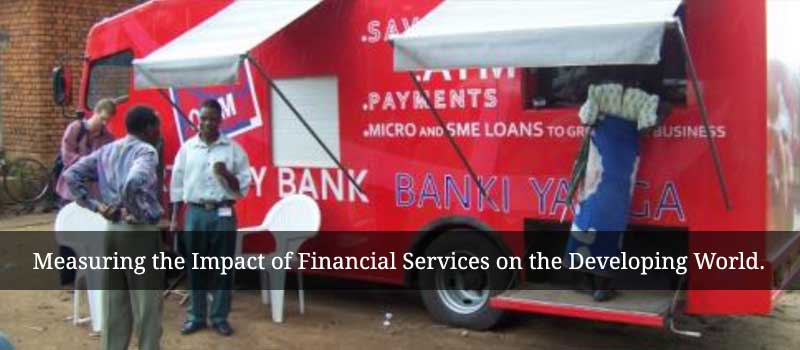Do Formal Savings Feed Food Security? Evidence from a Matched Pair, Cluster-Randomized Encouragement Trial in Rural Malawi
The recent global food price crisis has renewed international interest in finding means for supporting the food security of rural households. The short-term solutions are clear: food aid and social safety nets (United Nations High-Level Task Force on the Global Food Security Crisis, 2010). Among the longer-term solutions, some have volunteered improved access to formal financial services, such as savings, loans, and insurance (Zeller, Schrieder, von Braun, and Heidhues, 1997; Zeller and Sharma, 2000; Davis, Abed, and Hossain, 2011).
Yet, there is currently little rigorous evidence on the impact that formal finance has on food security. Only a handful of studies have explored the empirical link (e.g., Diagne, 1998; Berg and Emran, 2011; Hasan, 2010). Furthermore, those studies seem to have three limitations. First, they focus on credit, which exclusively offers an ex-post coping mechanism, rather than on savings, which both provides ex-post coping capacity and can facilitate ex-ante risk management. Second, they use fairly simple metrics for measuring the complex concept of food security—that is, metrics that only partially cover a multi-dimensional concept, and that largely exclude measures of frequency and severity of food security issues, and diversity of the household diet. Third, they rely on evaluation designs that cannot cleanly identify impact, and that make strong identification assumptions.
Using a field experiment funded by the Gates Foundation and implemented by Opportunity International Bank of Malawi (OIBM), this study aims to fill that evidentiary gap. In particular, this study explores the potential role of formal savings on promoting and preserving household food security by analyzing the extent to which opening an OIBM savings account affects the frequency and severity of food security issues that households face and the diversity of their diets.




